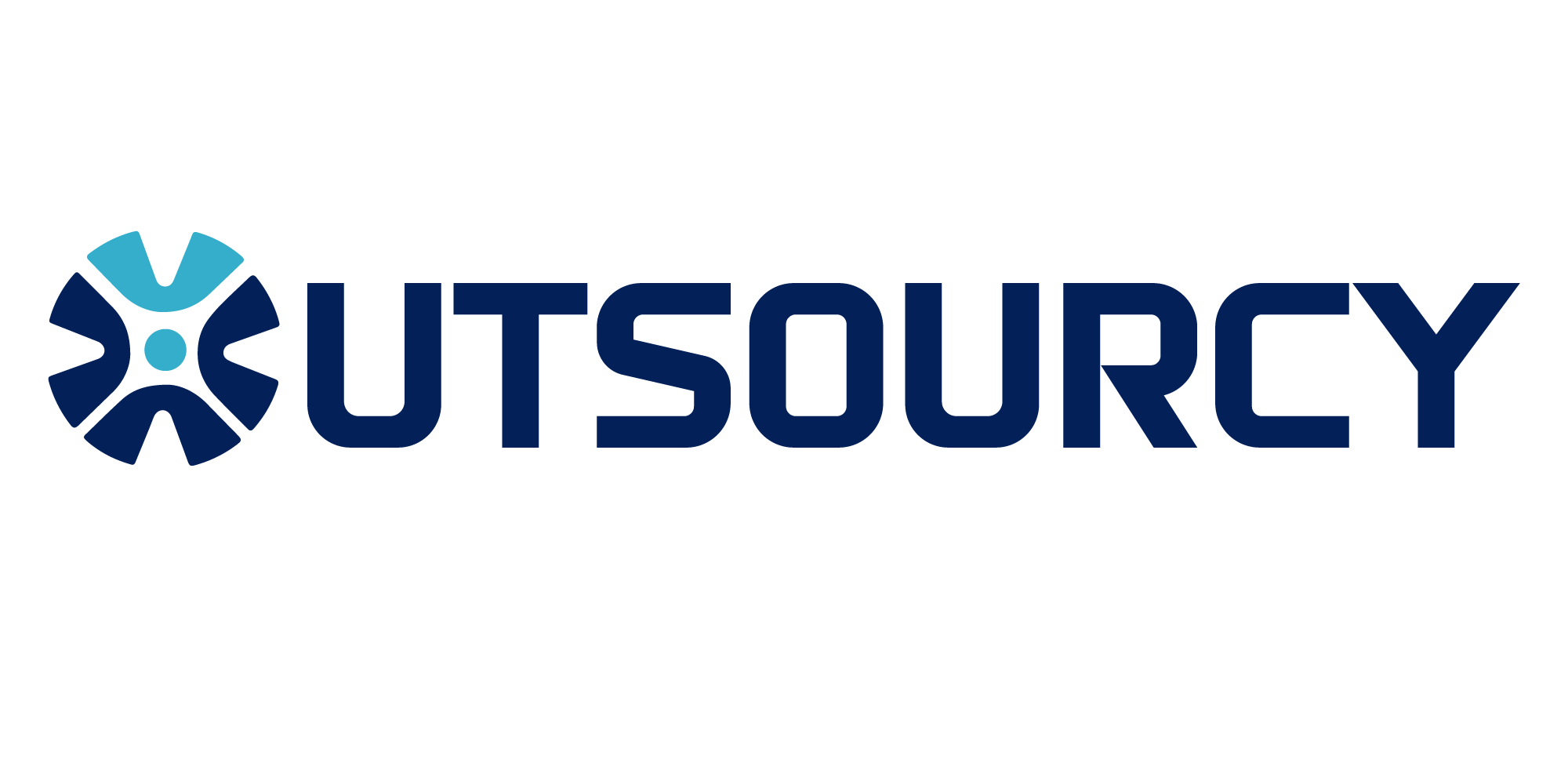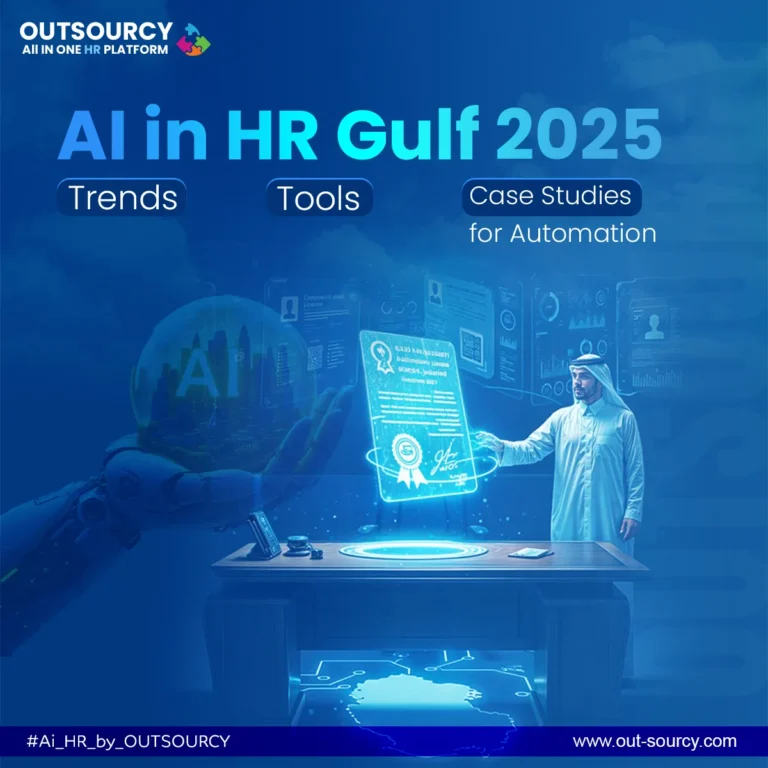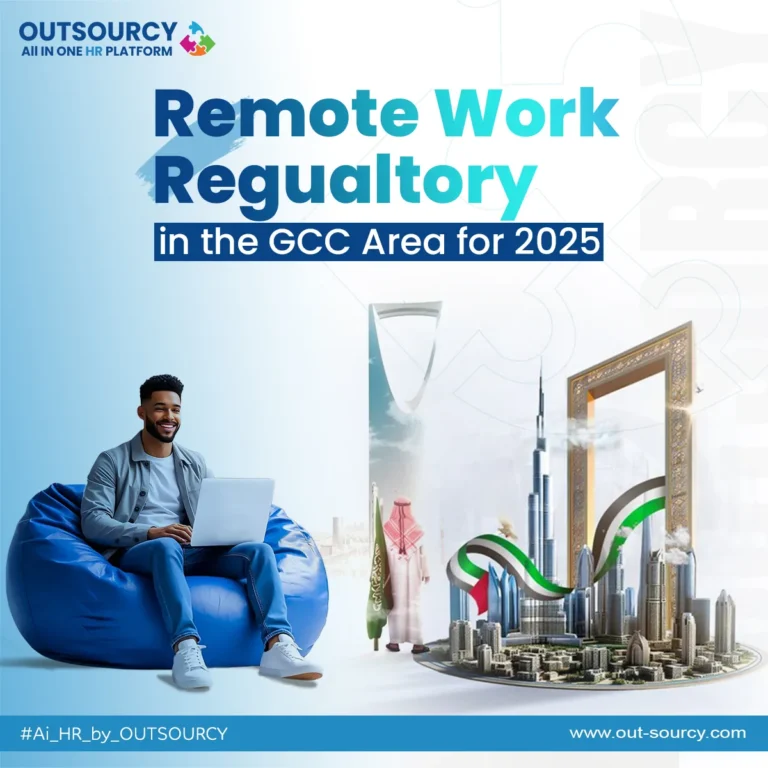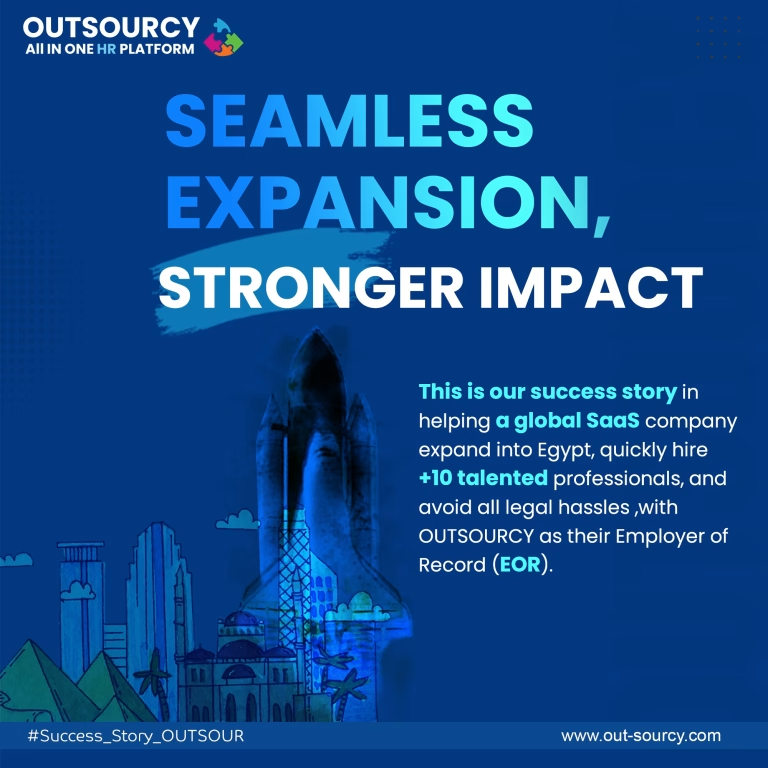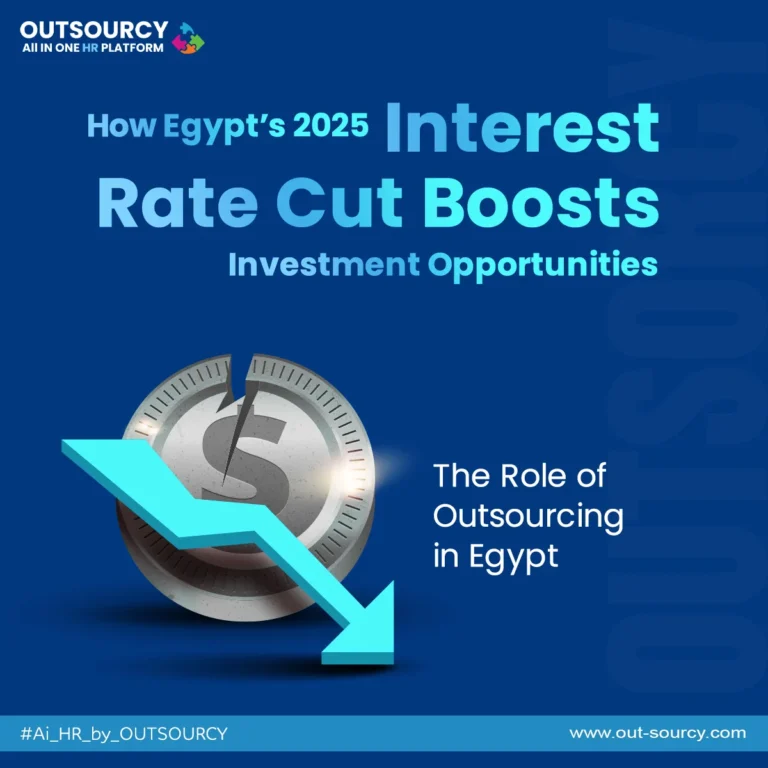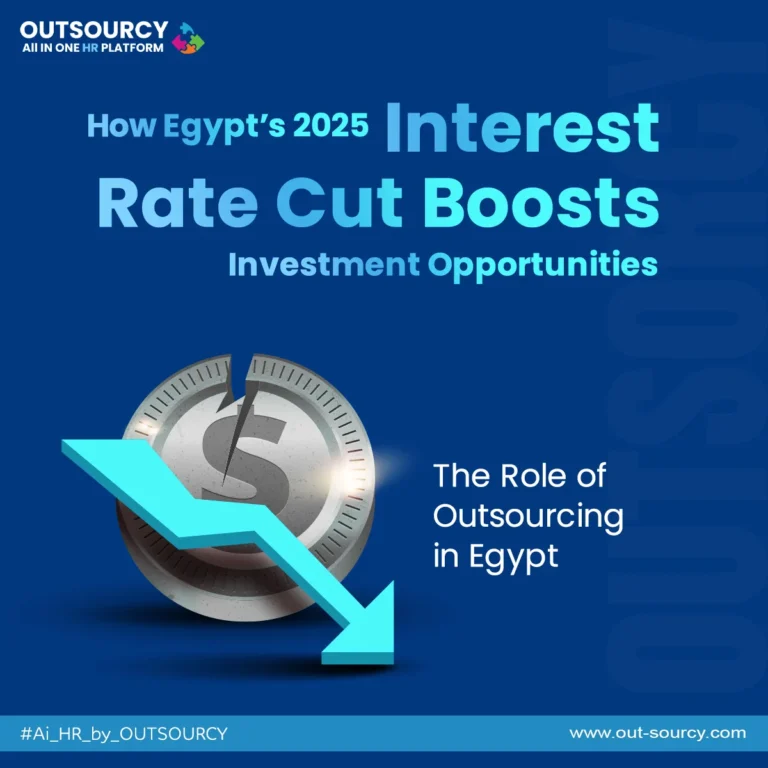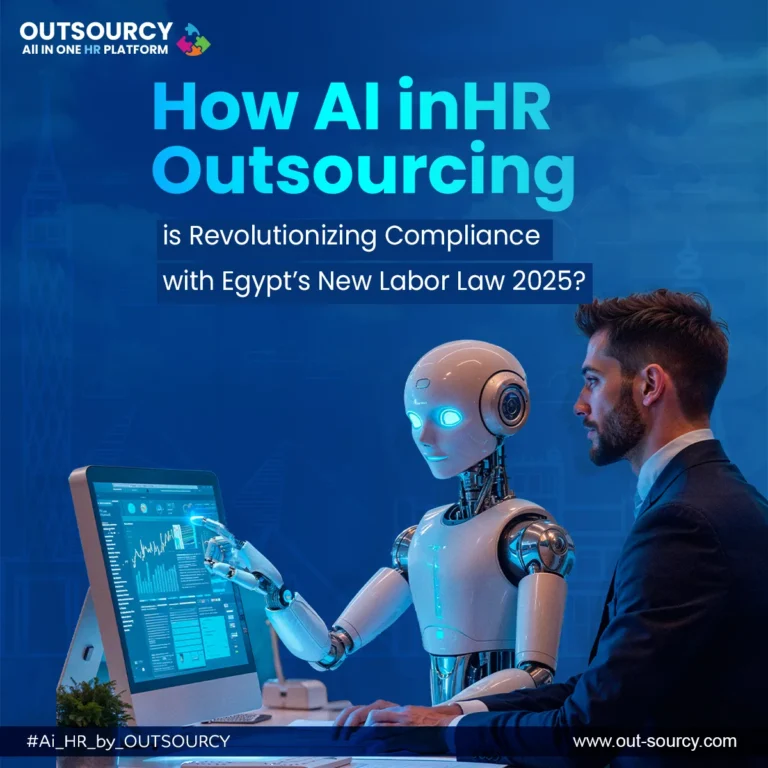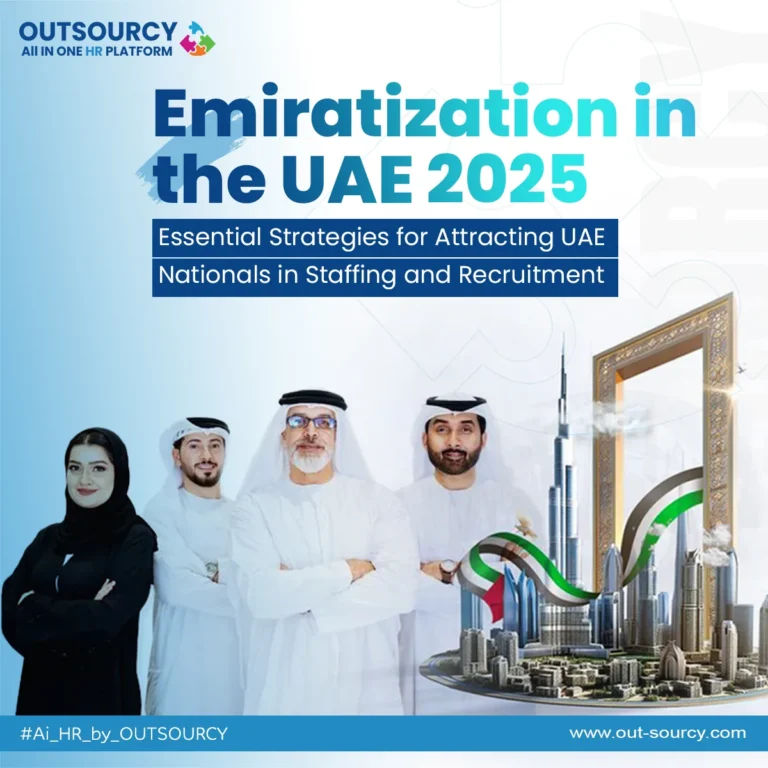AI in HR Gulf 2025 is revolutionizing human resource management across the Gulf Cooperation Council (GCC), transforming how organizations attract, manage, and retain talent. With AI recruitment tools Gulf streamlining hiring processes and smart payroll Gulf systems ensuring compliance, automation is a cornerstone of building competitive, future-ready teams.
HR automation trends in MENA are accelerating, driven by substantial government investments, a young and tech-savvy workforce, and a regional shift toward digital-first economies. As the Middle East and North Africa (MENA) region embraces these advancements, the Gulf stands out as a global leader in HR innovation. This article delves into the latest trends, cutting-edge tools, real-world case studies, and the benefits and challenges of adopting AI in HR Gulf 2025, offering insights into how the region is shaping the future of work.
AI in HR Gulf 2025: Why the GCC Leads in HR Automation
The GCC is setting a global benchmark for AI in HR Gulf 2025, surpassing many regions in its rapid adoption of automation. A 2025 survey by Deloitte’s MENA HR Trends Report reveals that 82% of HR leaders in the UAE and 84% in Saudi Arabia plan significant AI investments to address skills shortages and prepare for the future of work. This momentum is fueled by several unique factors:
- Government-Led AI Strategies: Each GCC country has a national AI roadmap, such as Saudi Vision 2030 and the UAE’s AI Strategy 2031, which prioritize digitization of HR processes to enhance workforce efficiency.
- Youthful Demographics: Over 50% of the GCC population is under 30, creating demand for mobile-first, user-friendly HR solutions that align with HR automation trends in MENA.
- Shift to Skills-Based Models: Companies are moving from traditional job-based hiring to skills-based frameworks, supported by AI-powered tools that map and assess competencies.
- Economic Diversification: The GCC’s push to diversify beyond oil, as seen in initiatives like Bahrain’s Economic Vision 2030, drives demand for agile, tech-driven HR systems to build versatile talent pools.
These factors position the GCC as a hub for HR innovation, with AI in HR Gulf 2025 at the forefront of global trends.
HR Automation Trends in MENA: Public Sector Innovations
GCC governments are leading the charge in adopting AI recruitment tools Gulf and automation platforms to enhance workforce readiness and streamline public-sector HR operations. These initiatives not only boost efficiency but also align national workforces with future market needs:
- UAE: The Federal Authority for Government Human Resources (FAHR) introduced an AI HR Agent in 2024, enabling federal employees to access policies, perform self-service transactions, and receive personalized HR guidance instantly. This tool reduces administrative burdens and enhances employee experience.
- Saudi Arabia: The National Skills Platform, launched in 2025, uses AI to train 3 million Saudis in high-demand fields like cybersecurity and healthcare, as part of Saudi Vision 2030. The platform leverages predictive analytics to align training with market needs.
- Qatar: The “Ouqoul” careers portal, powered by Google Cloud Qatar, employs AI to assist graduates in building résumés, finding suitable jobs, and identifying training to bridge skills gaps, launched in May 2025.
- Oman: Oman Data Park partnered with Elevatus to launch an AI-powered recruitment and performance platform, hosted locally to meet data security requirements, as detailed in Oman Data Park’s news.
- Bahrain: The Tamkeen initiative, outlined in Tamkeen’s 2025 Plan, aims to train 50,000 Bahrainis in AI skills by 2030, fostering a future-ready workforce.
These public-sector efforts highlight how HR automation trends in MENA are driven by a blend of innovation and strategic national goals, setting a model for other regions.

Future of AI in HR Gulf 2025
Smart Payroll Gulf and Beyond: Private Sector Case Studies
Private-sector companies in the Gulf are embracing technology-driven HR solutions to enhance operational efficiency and deliver superior employee experiences. These case studies illustrate the transformative impact of AI in HR Gulf 2025:
- Emirates NBD (UAE): The bank partnered with HireVue to implement AI recruitment tools Gulf in 2024, enabling automated résumé screening, video interviews, and skills assessments. This has reduced hiring times by 30% and improved candidate quality.
- Aramco (Saudi Arabia): Through collaborations with Accenture and Infosys, ئ launched the LearnVantage AI learning platform and integrated HR analytics, as noted in Aramco’s Digital Transformation. These tools support continuous upskilling and data-driven workforce planning.
- ADNOC (UAE): ADNOC uses engagement analytics powered by AI to monitor employee satisfaction and predict turnover risks, enhancing retention strategies across its workforce.
These examples demonstrate how smart payroll Gulf systems and AI-driven platforms are becoming essential for business competitiveness in the region.
How AI in HR Gulf 2025 Transforms HR Functions
AI in HR Gulf 2025 is reshaping every facet of human resource management, from recruitment to performance evaluation, delivering efficiency and personalization:
- Recruitment: AI recruitment tools Gulf like Elevatus and HireVue use machine learning to screen résumés, assess candidate fit, and reduce unconscious bias, ensuring fairer hiring processes. For example, AI can analyze thousands of applications in minutes, prioritizing candidates based on skills and experience.
- Smart Payroll Gulf: Platforms like SAP SuccessFactors automate payroll processes, ensuring compliance with local labor laws and reducing errors. These systems integrate with tax authorities and provide real-time reporting.
- Learning & Development: AI-powered platforms like LearnVantage deliver personalized training recommendations, helping employees upskill in areas like digital transformation and leadership.
- Employee Engagement: Analytics tools provide predictive insights into attrition risks, employee satisfaction, and workforce trends, enabling proactive HR strategies.
- Performance Management: AI-driven performance platforms, such as those used by Oman Data Park, track employee progress and provide real-time feedback, fostering a culture of continuous improvement.
By automating routine tasks and leveraging data-driven insights, AI in HR Gulf 2025 empowers HR teams to focus on strategic initiatives, enhancing both efficiency and employee satisfaction.
Benefits and Challenges of HR Automation Trends in MENA
Benefits
- Increased Efficiency: Automation eliminates repetitive tasks like manual payroll processing, freeing HR teams for strategic roles.
- Fairer Hiring: AI recruitment tools Gulf reduce bias by focusing on skills and qualifications, promoting diversity.
- Personalized Experiences: Employees receive tailored learning paths, wellness programs, and career development plans.
- Predictive Insights: AI analytics forecast workforce needs, helping organizations stay ahead of market trends.
- Cost Savings: Streamlined processes reduce operational costs, with studies showing up to 25% savings in HR administration.
Challenges
- Data Privacy and Bias: Handling sensitive employee data requires robust governance to comply with regulations like the UAE’s Data Protection Law.
- Skill Gaps: Many HR professionals lack the training to fully utilize AI tools, necessitating upskilling programs.
- Cultural Resistance: Employees and managers may resist automation due to fears of job displacement, requiring effective change management.
- Integration Issues: Legacy HR systems, common in older Gulf organizations, can hinder the adoption of technology-driven HR solutions.
Addressing these challenges is critical to maximizing the potential of HR automation trends in MENA.
The Future of AI in HR Gulf 2025
The GCC is poised to become a global leader in HR automation trends in MENA, driven by a commitment to ethical AI and human-in-the-loop approaches. Initiatives like Bahrain’s Tamkeen and UAE’s FAHR emphasize transparency and fairness, ensuring AI complements human decision-making. For instance, the UAE’s AI Strategy 2031 mandates ethical guidelines for AI deployment, fostering trust among employees.
As AI in HR Gulf 2025 evolves, organizations must choose reliable partners to implement advanced solutions. Providers like OUTSOURCY offer technology-driven HR solutions, including smart payroll Gulf and AI recruitment tools Gulf, tailored to local market needs. By combining global expertise with regional insights, such partners help businesses scale efficiently and confidently.
Looking ahead, the Gulf’s focus on innovation, coupled with its young workforce and government support, positions it to redefine HR globally. Regular updates to AI systems, ongoing training for HR teams, and a commitment to ethical practices will ensure the region remains at the forefront of HR transformation.
Meta Description: Discover AI in HR Gulf 2025, from AI recruitment tools Gulf to smart payroll Gulf, with case studies driving HR automation trends in MENA.
Suggested Alt Text for Infographic: “AI in HR Gulf 2025 trends infographic highlighting HR automation in MENA.”
